Namibia, located in Southern Africa, is famous for stunning deserts, safety, good roads, and tranquil life. Namibia is a fully English-speaking nation with a visa system that is inclusive of African citizens, thus being a friendly destination for Nigerians seeking to reside and work or study or retire in a safe and well-structured environment.
1. Do Nigerians Need a Visa to Go to Namibia?
Yes. Nigerians need a visa before they can enter Namibia.
No visa-on-arrival exists for Nigerians currently.
2. Types of Visas for Nigerians to Namibia
Application to be submitted at the Namibian High Commission in Abuja.
Types of Visas:
- Visitor Visa: For tourist and short visits (up to 90 days/year)
- Work Visa: For employment for less than 1 year
- Employment Permit (Long Term): For specialists with job offers
- Study Visa: For students
- Business Visa: For business travelers
- Permanent Residence Permit: After staying for 10 years
3. How to Apply for a Namibian Visa in Nigeria
Where to Apply: Namibian High Commission
General Visa Requirements:
- Completed visa application form
- Valid Nigerian passport (6+ months validity)
- 2 passport photos
- Cover letter outlining purpose of visit
- Invitation letter (host, employer, or school)
- Flight booking
- Proof of accommodation
- Bank statements for last 3–6 months
- Yellow fever vaccination card
- Visa fee (varies by category)
Processing Time: 7 to 21 working days
Visa Validity: Up to 90 days (visitor visa)
4. Long-Term Stay: Employment & Residence Permits
A. Employment Permit (1+ years)
To work in Namibia in the long term:
- Get a job offer from a Namibian employer
- Employer applies to Ministry of Home Affairs & Immigration
- Apply for employment permit (in-country or via embassy)
- After approval, you receive a work visa and residence permit
Documents Needed:
- Employment contract
- Qualifications
- Nigerian police clearance
- Medical and radiological reports
- Birth certificate
- Copy of passport
- Application fee
Permit Validity: Usually 2 years (renewable)
B. Business Visa or Investor Residency
To set up a business:
- Register your enterprise with the Business and Intellectual Property Authority (BIPA)
- Produce proof of investment capital
- Apply for a business visa or investor residence permit
Investment Sectors:
- Tourism and hospitality
- Renewable energy
- Agribusiness
- Transportation
- Real estate
C. Study Visa
- Get admission from a Namibian institution
- Get a letter of acceptance
- Apply for a study visa at the Namibian High Commission
- At arrival, apply for a study permit
5. Cost of Living in Namibia
- Major Cities: Windhoek (capital), Swakopmund, Walvis Bay
- Approximate Monthly Cost: 1-bedroom apartment (city): ₦200,000–₦450,000
- Utilities & internet: ₦40,000–₦60,000
- Transport: ₦10,000–₦25,000
- Food & groceries: ₦60,000–₦100,000
- Private school fees: Varies widely
Cost of living is affordable compared to European countries but slightly more than Rwanda or Ghana.
6. Medical and Education
- Medical care is decent in public hospitals but excellent in private clinics.
- Health insurance is required for residence permit holders.
- Education is in English, and international schools exist in big cities.
7. Banking and Money
Currency: Namibian Dollar (NAD), equal to South African Rand 1:1
Opening a bank account:
- Passport
- Residence permit
- Proof of address
- Proof of income/employment or study
- First National Bank, Standard Bank, Nedbank Namibia are popular banks.
8. Language and Culture
Official Language: English
Other spoken: Afrikaans, German, Oshiwambo, Nama
English proficiency makes it easy to settle for Nigerians.
Cultural Notes:
- Friendly, reserved society
- Punctuality is valued
- Dress modestly, especially outside cities
9. Legal and Safety Precautions
Namibia is relatively a safe country in Africa.
Tips:
- Keep your ID or permit handy
- Be mindful of local customs and privacy
- Do not walk in isolated places at night
- Report to the Nigerian High Commission in Windhoek
10. Nigerian Community in Namibia
There is a visible Nigerian community in Namibia, particularly in Windhoek, who are mainly students, professionals, and small business owners. Associations and churches aid in cultural connection.
Namibia offers a peaceful, well-governed environment with tidy cities, availability of the English language, and nature scenery. Even though the visa process is well-structured and can take some time, once set up, Nigerians can live in one of Africa’s least appreciated gems comfortably.


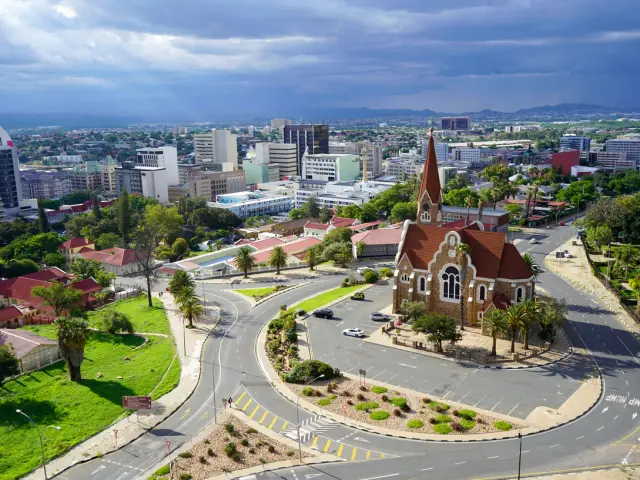
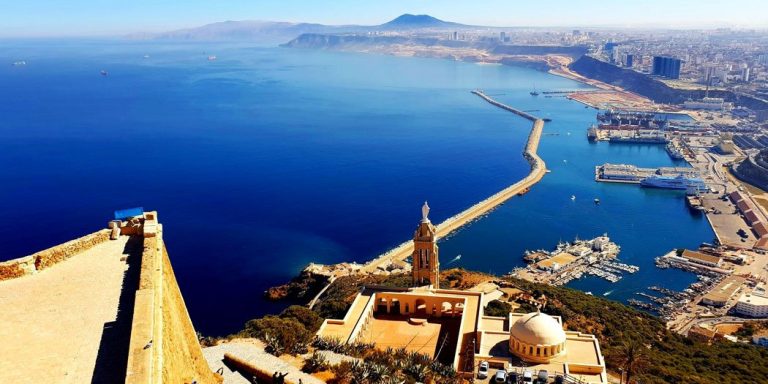
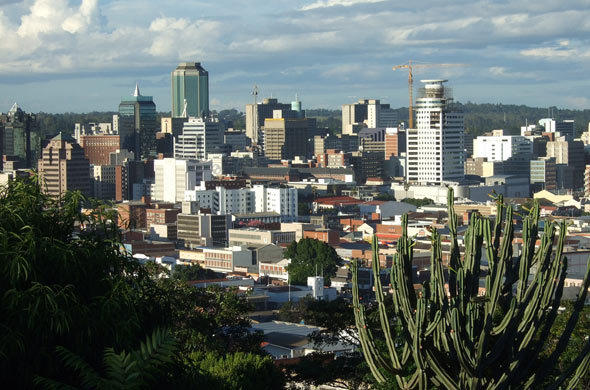
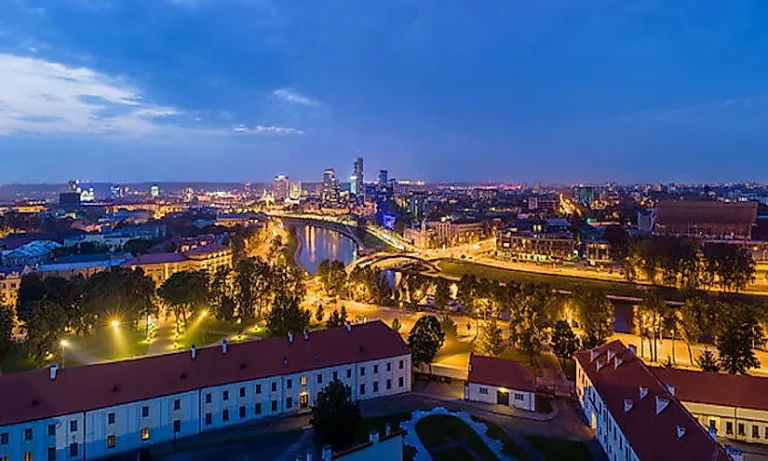
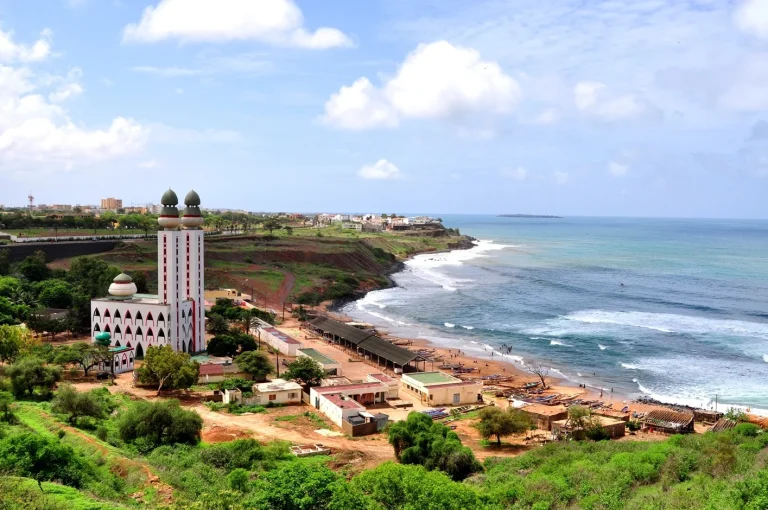
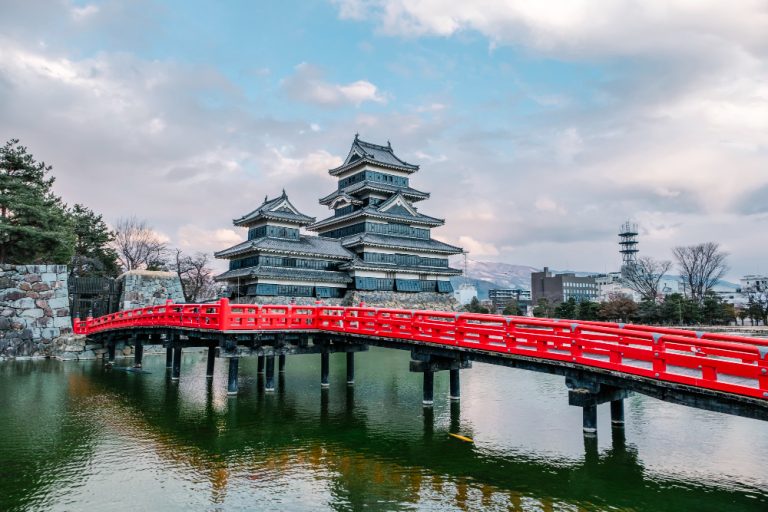
Leave a Comment